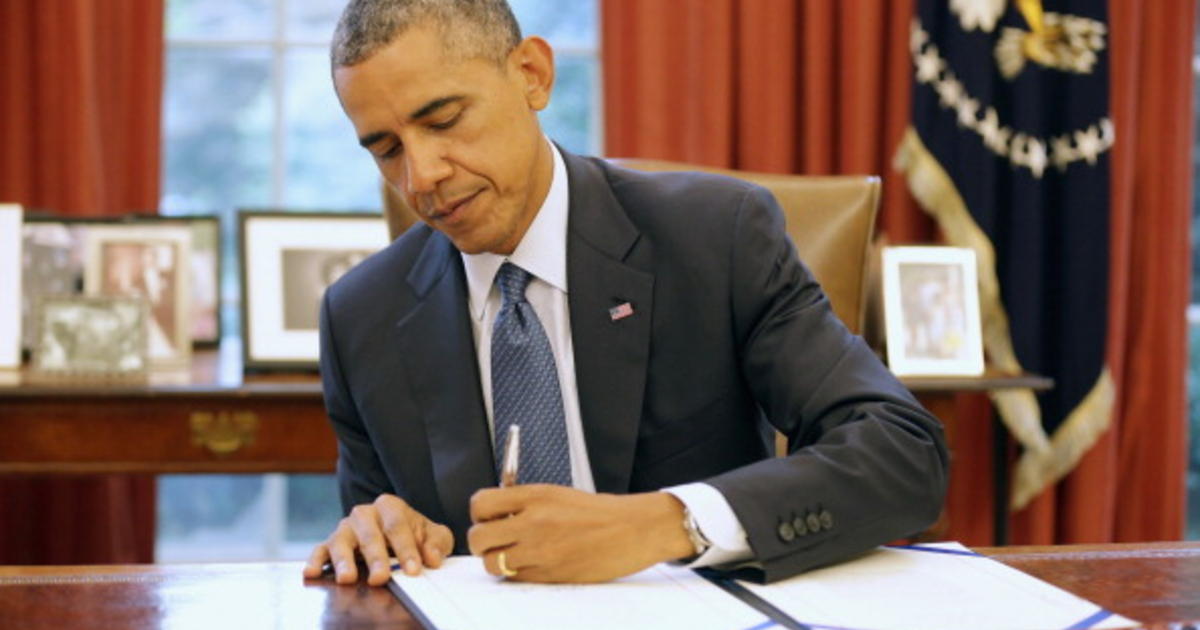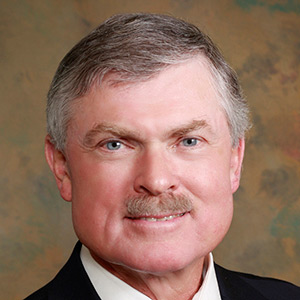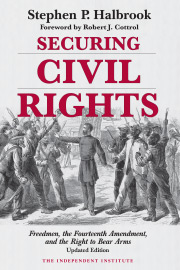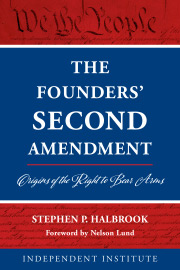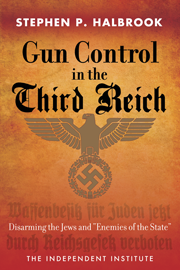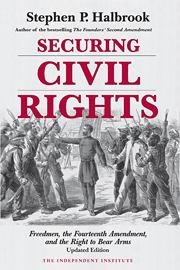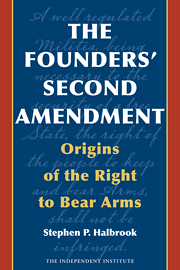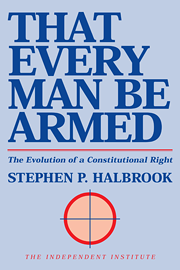Congress has declined to enact the onerous restrictions President Obama wants, so he seeks to amend the Gun Control Act by executive action. The Act makes it unlawful “to engage in the business of dealing in firearms” without a license but the President’s aim is much broader.
The Act defines “dealer” as “any person engaged in the business of selling firearms at wholesale or retail.” The term originally wasn’t defined further. Congress heard horror stories of agents of the Bureau of Alcohol, Tobacco, and Firearms (ATF) refusing to issue licenses because a person supposedly didn’t sell enough guns, and then prosecuting the person for engaging in the business without a license.
The result was the Firearm Owners’ Protection Act, signed by President Reagan in 1986, which defines “engaged in the business” as a regular trade for profit through repetitive purchases and sales. It excludes sales or exchanges to enhance a collection or for a hobby. In a prosecution, no judge will issue jury instructions that embellish those definitions with language decreed by the president.
Congress, not the Executive Branch, defines crimes. The idea that the president can criminalize conduct not made a crime by Congress is anathema to democracy and the rule of law. The fact that the issue is “gun violence” changes nothing.
In Germany’s Weimar Republic, the executive had authority to issue “emergency decrees” not passed by the Reichstag, the legislative body. One such decree, issued in 1931, provided for the registration of firearms, and authorized their confiscation if “public security” so required. The Interior Minister warned that the registration records must be carefully protected so as not to fall into the hands of “radical elements.”
Yet radical elements—Adolf Hitler and the Nazi Party—took power in 1933. They used the registration records to disarm political opponents such as the Social Democrats, the Jews, and all other “enemies of the state.” Rule by “emergency decrees” became standard, and the Reichstag simply quit passing laws. The most extreme gun control and “executive action” ran amok.
The United States has avoided that horrible situation because historically the Constitution’s dictates have been respected: Congress passes the laws and the president executes the laws. But now “executive action” has become a euphemism for rule by decree, which has no place in a republican form of government.
The President has no authority to require that persons not engaged in the business of dealing in firearms as defined by Congress obtain licenses and conduct background checks. The issue not only relates to Second Amendment rights and the need to restrain the over-criminalization of federal law, but more fundamentally to the premise that the Executive Branch simply cannot invent new crimes.
Whatever form the anticipated executive action takes, it will be up to ATF to enforce it. It may well be that ATF’s lawyers have—to no avail—warned the political operatives in the White House against purporting to change the definitions in the gun laws.
As Justice Kagan, an Obama appointee, wrote in Abramski v. United States (2014), a Gun Control Act case: “criminal laws are for courts, not for the Government, to construe. ... We think ATF’s old position no more relevant than its current one—which is to say, not relevant at all.” Nor is President Obama’s expansionist position on the meaning of “engaged in the business” relevant at all.
“The Founders of this Nation entrusted the law making power to the Congress alone in both good and bad times. It would do no good to recall the historical events, the fears of power and the hopes for freedom that lay behind their choice.” Thus did the Supreme Court in Youngstown Sheet & Tool Co. v. Sawyer (1952) reject President Truman’s attempt to seize the steel mills to avert strikes and continue output for the Korean War effort.
If President Obama, erstwhile con law prof, forgot that decision, the Constitution couldn’t be more direct: “All legislative Powers herein granted shall be vested in a Congress,” and “the President shall take care that the laws be faithfully executed.” The president’s attempt to amend the Gun Control Act by political diktat suggests he might have forgotten those constitutional principles as well.

